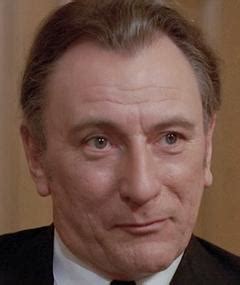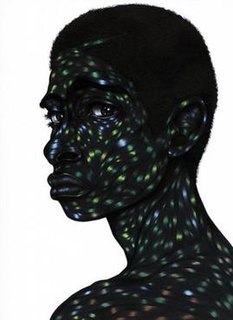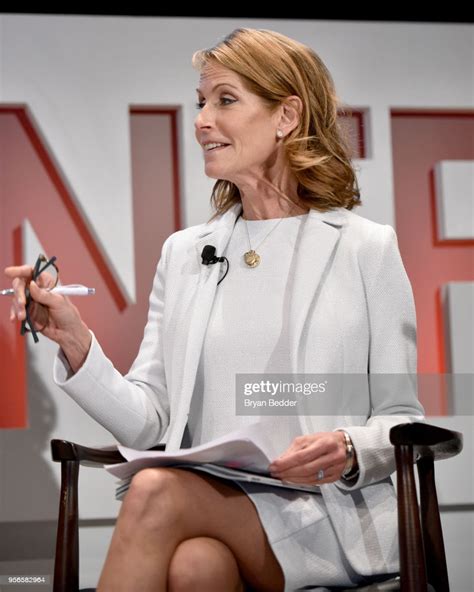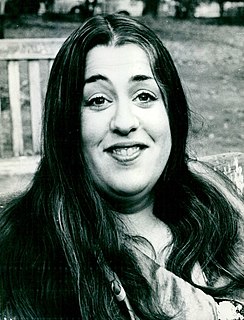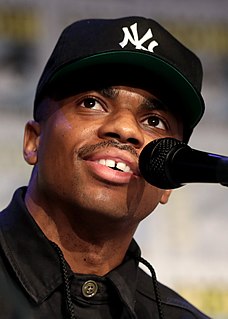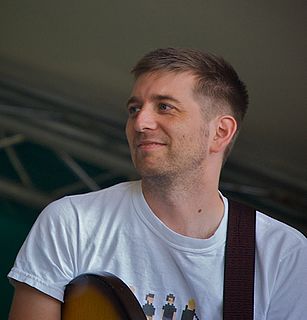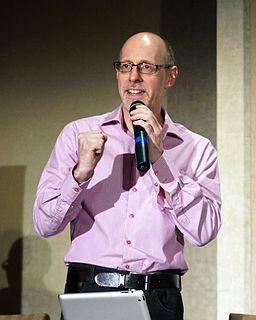A Quote by Steven Soderbergh
Traffic is about drugs. As detailed a portrait as I can muster about what is happening in the drug world, from top to bottom, from policy to how things move on the street.
Related Quotes
The similarities between street drug abuse and psychotropic prescription drug use are disturbing. Both types are toxic. Both can cause psychosis, damage the brain and other organs, and even cause death. And neither type of mind-altering drugs, legal or illegal, treats disease. It's important to recognize that the only significant difference between many prescription psychotropic drugs and street drugs such as "speed" and "downers" is that prescription drugs are legal.
I've always felt the portrait is an occasion for marks to happen. I've never viewed the portrait as about the sitter. Even when I go to the National Portrait Gallery, I'm not thinking about the sitter; I'm thinking about how the artist chose that color or that highlight. It becomes about the time, place, and context.
I want to make it clear, though, that I am not trying to say these are bad drugs. Opioid medications in the short term for severe pain are very effective. The problem is when they are used for long-term chronic pain. No one wants anyone to suffer and be in pain. But realize how addictive these drugs are and get off of them as quickly as you can. So 'Warning: This Drug May Kill You' is really more about educating people about these drugs so that everyone can make their own decision about their pain versus the addictive nature of these drugs.
I was listening to this interview with fiction writer George Saunders the other day, and he said something about how the role of a writer is to build a more detailed world. I think it applies to what Gord Downie is doing with his body of work, which is to build a more detailed world and there's something really political about that.
There is no economic policy. That's really important to say. The general modus operandi of the Bushies is that they don't make policies to deal with problems. They use problems to justify things they wanted to do anyway. So there is no policy to deal with the lack of jobs. There really isn't even a policy to deal with terrorism. It's all about how can we spin what's happening out there to do what we want to do.
Repealing drug laws would remove the risks involved with producing and distributing drugs, bringing 'street prices' crashing down (it's estimated that a 'spoon' of heroin would cost about a quarter in the free market), thereby eradicating any incentive that criminals might have to compete with legitimate businesses, and greatly reducing if not eliminating altogether any economic reason to 'push' drugs on children.
There's a bigger question again about how to do prevention. It's not simply about putting out the early warning. The early warning was put out on Abyei; everybody knew that this was coming. This was intentional, and still it happened. So this idea that we fail to stop these things because there's not awareness about them, or that we need better early warning information, I'm increasingly skeptical of. I think it's about how you move that information into the policy process.
We're starting to realize that magicians have a lot of implicit know-ledge about how we perceive the world around us because they have to deceive us in terms of controlling attention, exploiting the assumptions we make when we do and don't notice a change in our environment. There is an enormous amount of really detailed instruction on how to perform magic. People are always blown away by how detailed a description you'll have.

